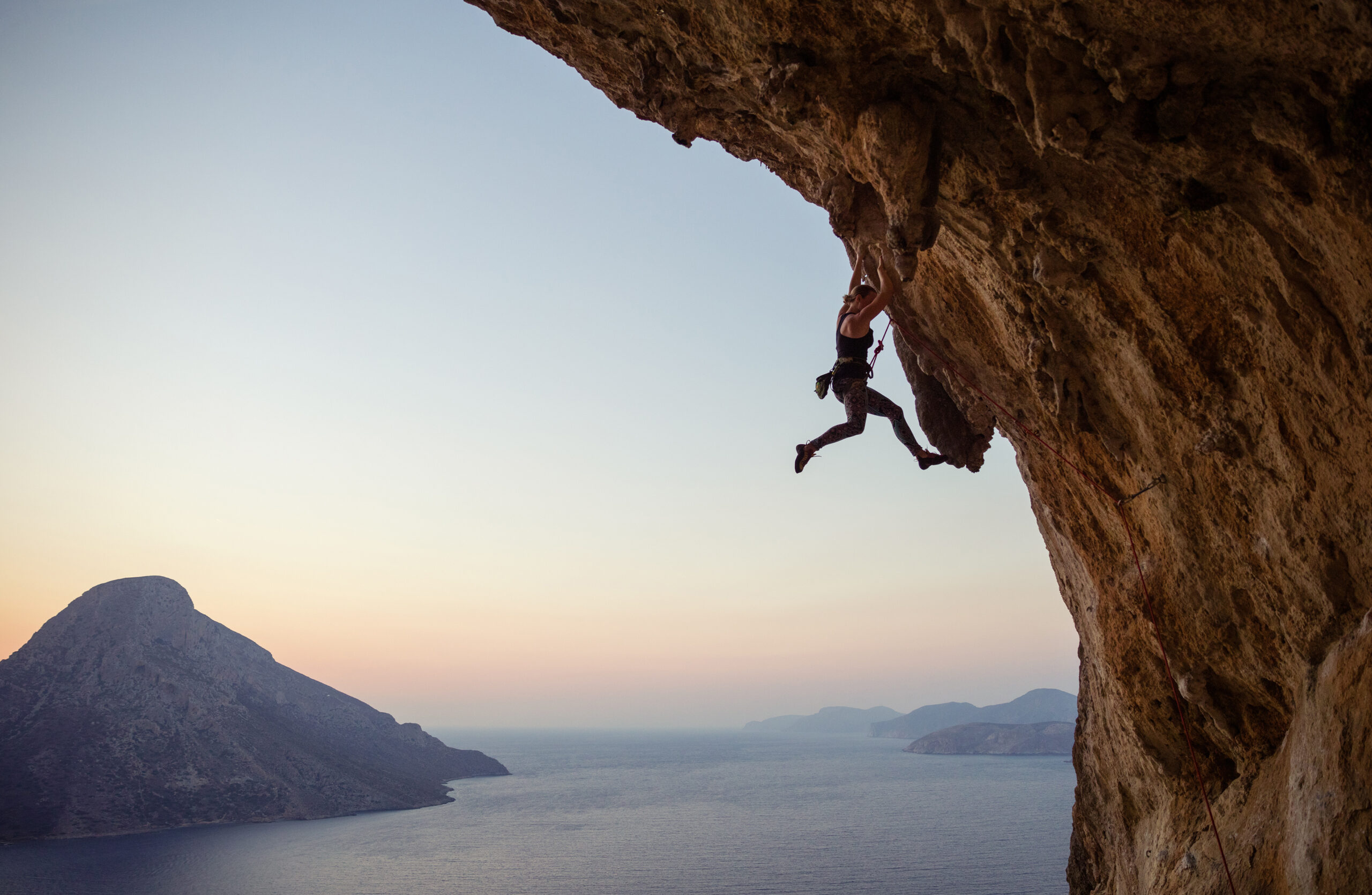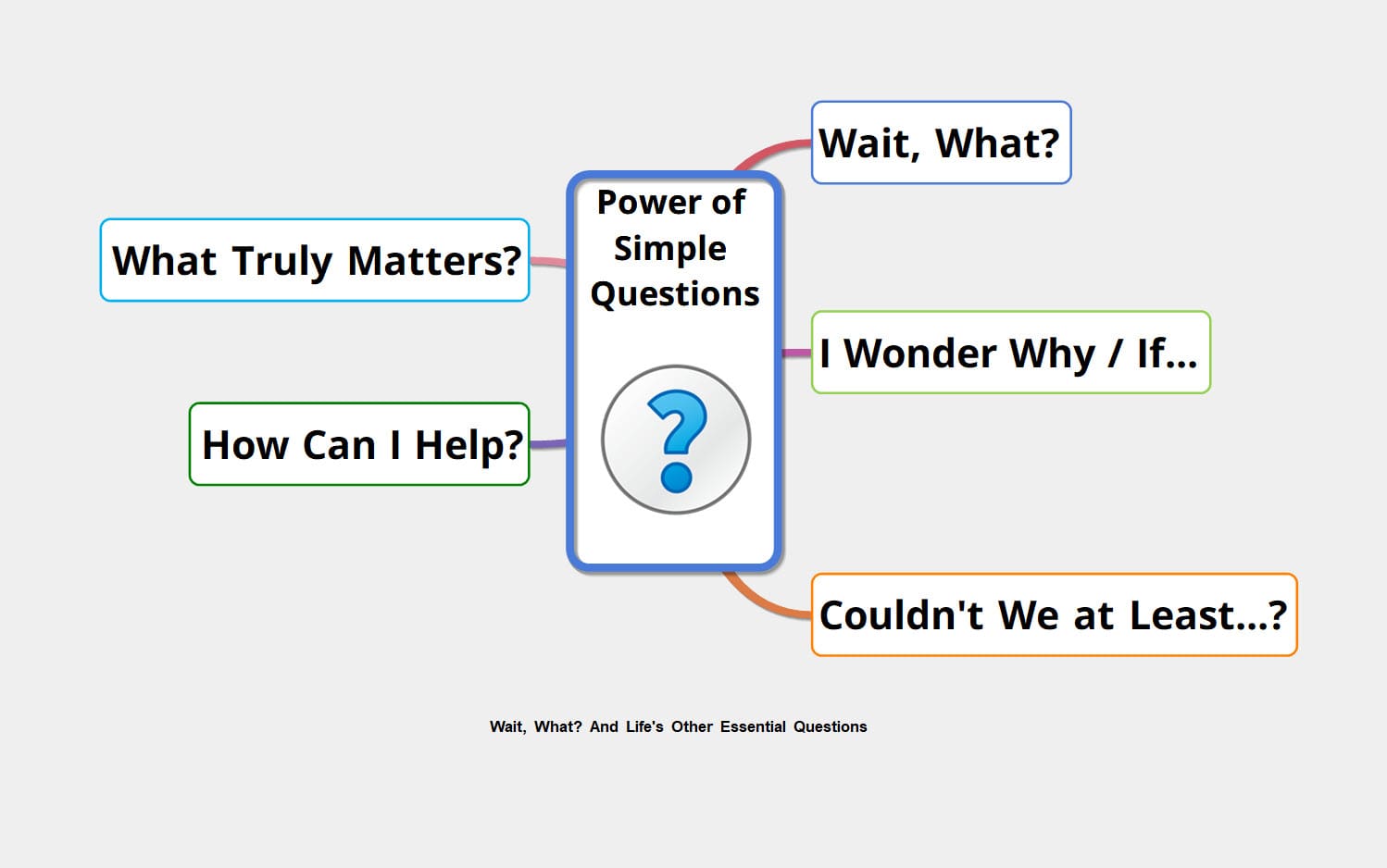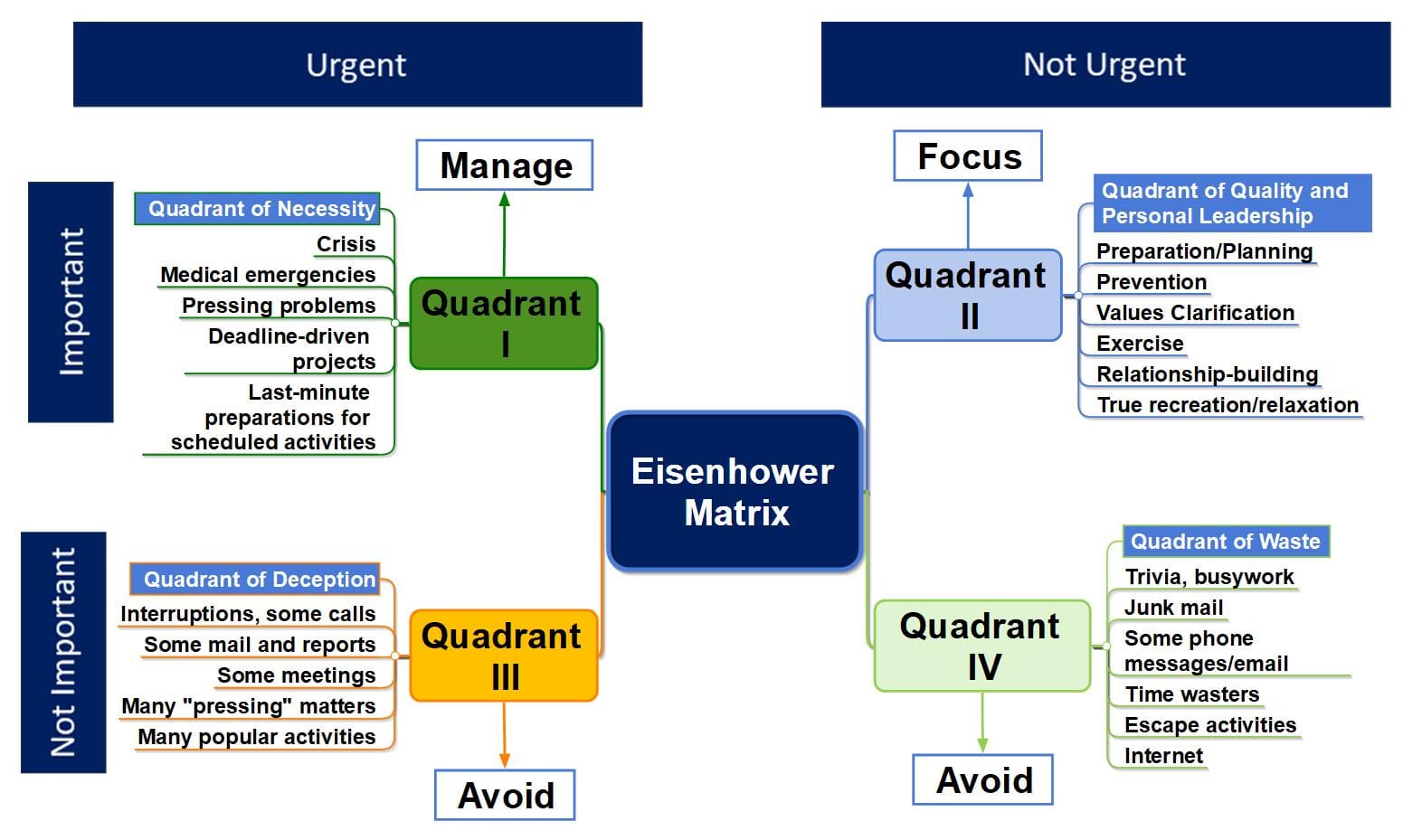Introduction
In the dynamic world of management, mental toughness is a vital attribute that distinguishes exceptional leaders from the rest. Drawing inspiration from “The Brave Athlete” by Simon Marshall and Lesley Paterson, this blog explores the intricate ways managers can develop mental toughness to enhance their leadership effectiveness. This skill is essential not just for enduring stress, but for thriving amidst it, transforming challenges into opportunities for growth and success. The book provides a unique perspective by merging the mental strategies of athletes with the challenges faced by managers, offering a fresh approach to leadership.
Understanding Your Mental Landscape
Deep understanding of your mental landscape is pivotal in building mental toughness. This process involves recognizing stress triggers and typical reactions to pressure. It’s also about understanding both your strengths and weaknesses. Marshall and Paterson emphasize the importance of self-talk, internal dialogue, and how it shapes our reactions and resilience. They offer strategies for altering negative self-talk, which can be a game-changer for managers dealing with daily stresses and pressures. By adopting a more positive and realistic internal dialogue, managers can significantly improve their response to challenging situations, enhancing their overall leadership effectiveness.
Setting Realistic Goals
Goal setting is a critical skill in developing mental toughness. The authors of “The Brave Athlete” highlight the need for goals that are not only ambitious but also realistically achievable. This balance, inspired by the rigorous training regimes of endurance athletes, involves pushing your boundaries while ensuring sustainability. For managers, this means setting targets that are challenging yet attainable, making progress both measurable and motivating. It’s about the journey as much as the destination, focusing on learning and growth. The book also discusses the importance of aligning goals with personal values and mission, which can be a powerful motivator for managers and their teams.
Reframing Challenges
Reframing challenges is about changing your perspective, viewing difficulties not as obstacles but as opportunities for growth. Marshall and Paterson discuss various cognitive strategies to reframe challenges, such as visualization techniques and the power of positive thinking. This mindset is crucial for managers who frequently face challenges. By adopting these strategies, managers can transform their approach to problems, turning them into valuable learning experiences that contribute to personal and professional growth.
Creating a Positive Feedback Loop
A positive feedback loop involves recognizing and celebrating achievements while constructively analyzing setbacks. This approach encourages continuous improvement and resilience. Marshall and Paterson suggest practical steps for establishing this loop, such as maintaining a success journal and regularly reviewing and learning from past experiences. This practice helps managers in reinforcing effective strategies and learning from mistakes, which is an integral part of mental toughness.
Reflective Practice and Adaptation
Reflective practice involves regularly taking time to think about your work, decisions, and the outcomes they produce. This reflection leads to adaptation – changing and improving your approach based on past experiences. The authors stress the importance of mindfulness and reflection in breaking unhelpful patterns and fostering a more adaptable and flexible mindset. For a manager, this could mean revisiting a completed project to understand what led to its success or failure and then applying these insights to future projects. This practice enhances decision-making skills and emotional intelligence, both crucial for mental toughness.
The Importance of Support
Building mental toughness doesn’t mean going it alone. Marshall and Paterson underscore the role of social support and community in enhancing mental strength. Engaging with mentors, colleagues, and your team for different perspectives aids in problem-solving and developing more holistic and effective management strategies. Creating an environment where seeking help is part of the leadership process is vital. The book provides insights into how managers can cultivate a supportive network and use it to bolster their leadership and resilience.
Embracing a Growth Mindset
A growth mindset, the belief in the ability to develop and improve, is central to mental toughness. This mindset fosters resilience and a continuous learning attitude, crucial for leaders facing management challenges. Marshall and Paterson advocate for a mindset shift from fixed to growth, encouraging managers to embrace challenges and setbacks as opportunities for development and learning. Embracing this mindset means viewing every experience as a learning opportunity, actively seeking feedback, being open to new ideas, and continuously seeking ways to enhance your skills and those of your team.
Application in Real-World Scenarios
Applying these principles in real-world scenarios is essential for their effectiveness. Marshall and Paterson provide numerous real-life examples and case studies in the book that illustrate how these principles can be applied in various management situations. For example, in managing a high-stakes project, a mentally tough manager would use these strategies at every step. From setting realistic milestones to reframing challenges, seeking feedback, and adapting strategies based on reflective insights, each aspect contributes to building a resilient and effective leadership style. This practical application reinforces the principles and demonstrates their utility in management.
Developing Mental Toughness Over Time
Mental toughness is a skill that develops over time. Marshall and Paterson emphasize the importance of patience and persistence in this process, highlighting that mental toughness is a long-term investment in personal and professional growth. Start with managing daily stressors effectively and gradually apply these principles to more significant management challenges. Regular practice and patience are key. The journey to becoming a mentally tough manager is continuous, with each step forward enhancing your effectiveness and resilience as a leader.
Final Thoughts
In summary, mental toughness is essential for thriving as a leader. By understanding your mental landscape, setting realistic goals, reframing challenges, creating a positive feedback loop, reflecting regularly, seeking support, and maintaining a growth mindset, you can significantly enhance your leadership capabilities. The principles of endurance and resilience in sports, as presented in “The Brave Athlete,” can be powerfully applied to management, transforming the way we lead and succeed.






